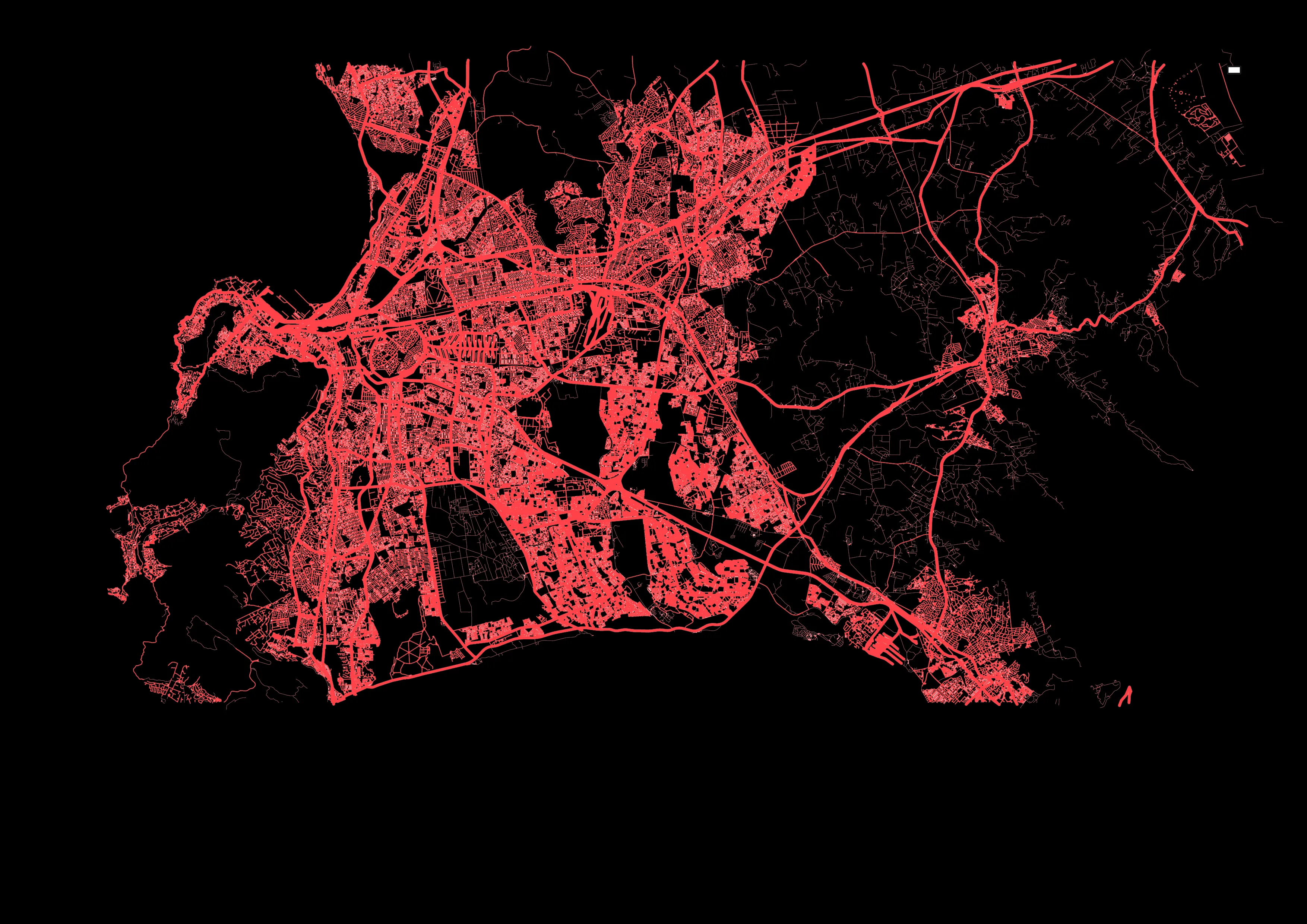
PTV Group has launched a product which automates much of the painstaking business of building transport models.
Model2Go is a cloud-based technology which means basic transportation models can be set up for any city or region worldwide within just three days, giving users such as cities, consulting companies or research institutions a ready-made foundation on which they can directly implement simple and complex use cases.
The first version is Model2Go Supply. A second version, Model2Go Demand, will be on the market soon.
In addition to the road network and associated parameters such as route types, speeds and capacities, Model2Go also contains the public transport network, timetables, points of interest and structural data. In addition, traffic zones can be generated.
The navigation networks of Here Technologies and TomTom are used as the basis for Model2Go worldwide road network data.
For public transit, PTV uses the same data format as General Transit Feed Specification (GTFS), which has stop locations, lines and timetables for transit agencies all over the world running buses, trams, rail or metro, for use in Google Maps and other services.










